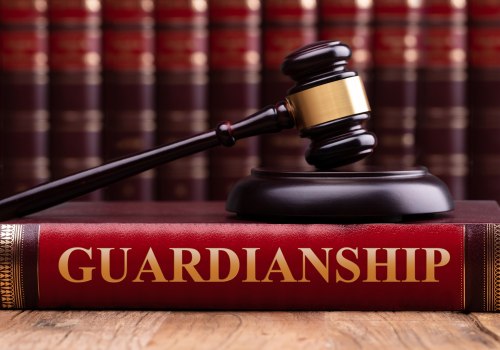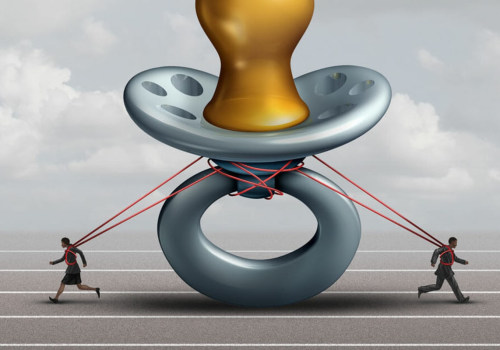A guardian is responsible for the child, cares for the child and makes decisions about the child's daily life. Guardians have legal custody of a child. Guardians generally also have physical custody of the child. In New York State, there are very few differences between custody and guardianship.
Guardianship is not the same as custody. Both are designed to ensure that children receive proper care, but they are not interchangeable. Both guardianship and custody describe the legal relationships between an adult and a child. Custody refers to the child's biological parents, whereas guardianship would be granted to a non-biological parent.
Thinking about custody can be a necessary part of a couple's separation or divorce proceedings, while guardianship is often a longer-term approach to such issues. For more in-depth expert advice, consider consulting a professional financial advisor. Let's Compare the Main Differences Between Guardianship and Custody. Guardianship is a court-ordered relationship in which the court appoints an adult to care for a minor (ward) whose circumstances require it, and to make decisions about the child's education, support, and support.
Parents are the natural guardians of their children and do not need to be appointed by a court. If necessary, the court may appoint a guardian to manage and control the conservatee, even if custody has been granted to the parents. A person designated as guardian must be adequate and qualified and is usually a close adult relative willing to serve. The guardian should always act in the best interest of the conservatee and file a report to the court at least once a year.
Guardianship of a minor ends when the child turns 18. Guardianship is determined in Probate Court. A guardian is a person or persons who will assume the right to manage your children's assets if you and your spouse die. A custodian is a person who will assume physical custody. Guardians and guardians are usually a family member or a close friend, and often the same person acts as a guardian and custodian.
Guardianship generally refers to any person who assumes legal obligations to care for a child other than the child's father. A guardianship is often established because a child under the age of 18 needs another person to make legal decisions for him. It's hard to think about someone else raising your child, but if something were to happen to you and your spouse, choosing a guardian and guardian to care for them will help secure your future. It is essential to understand what legal guardianship means if you intend to assume the role of legal guardian of a child or if you are involved in a custody dispute.
Adults with severe disabilities may require a legal guardian to care for them and act on their behalf, an agreement known as adult guardianship. We recommend updating your will, designating guardians and guardians, and amending your list of beneficiaries as soon as a child is born or adopted. The legal part of the sentence is not always necessary; it just shows that the guardian is recognized by a court. A legal guardian is a person appointed by a court to care for a child and act in the best interests of the child.
Both scenarios involve completing the necessary documentation demonstrating that the best interests of the child are central to the proceedings and, of course, the associated legal costs. Parents can be guardians, but a guardianship is often established because a minor needs another person to make legal decisions on their behalf. This is a common riddle: you want your sister to be the guardian and the custodian, while your spouse wants his brother, so instead of choosing one, the process of creating your will stops. However, that parent is not legally authorized to make official decisions on behalf of the child, which is a matter of legal custody.
Based on these distinctions, it may even be the case that a parent has partial physical custody of a child (he is allowed to live with him and spend time with him for certain periods) but not legal custody of the child (he is not legally allowed to make any official decisions on behalf of the child). Whether a guardian or a custodian decides, a court's primary concern is always the best interests of the child. . .










